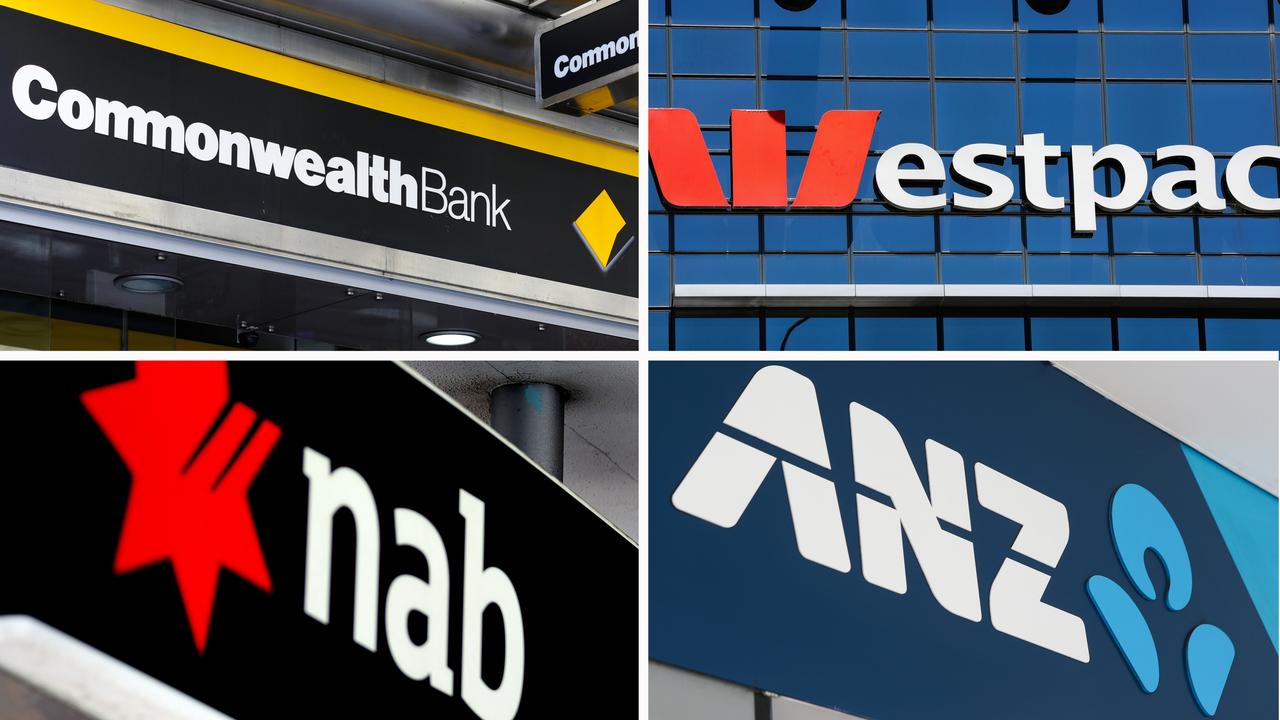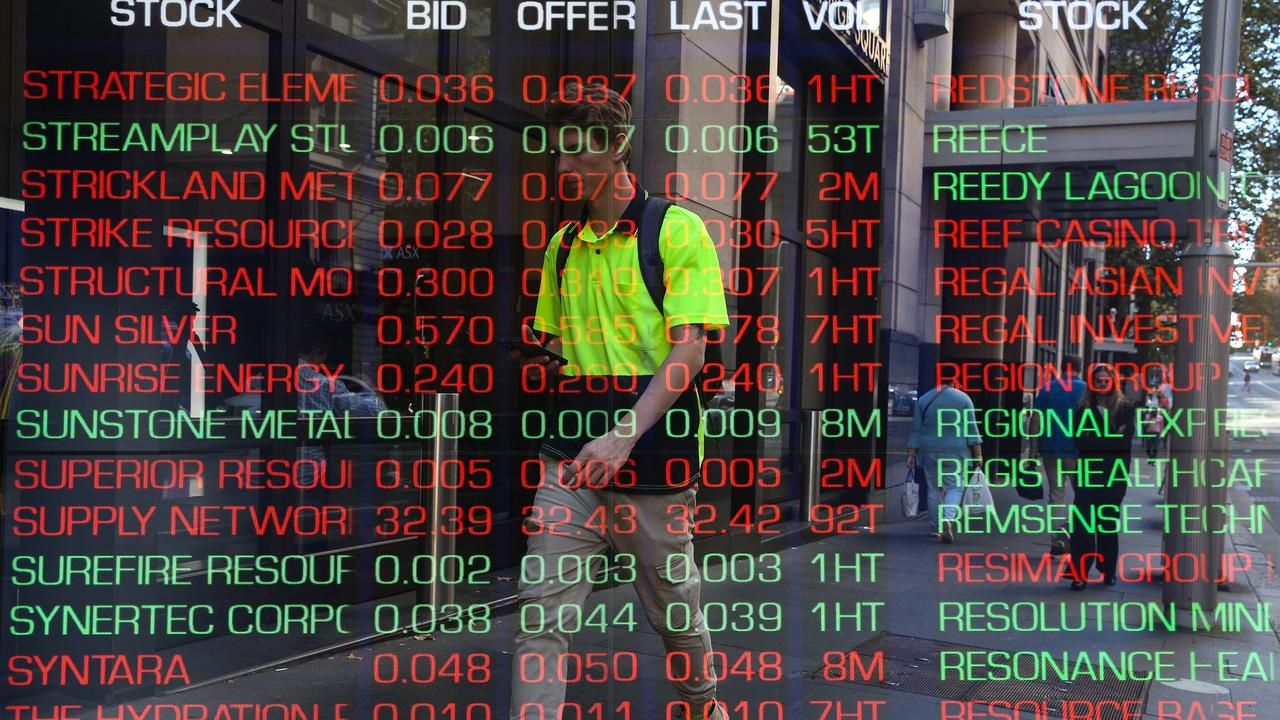IPOs still all the rage despite credit crunch
ACTIVITY was buoyant in the Australian IPO stakes last year, with December the busiest month in seven years.
IPOs still all the rage despite credit crunch
THE turmoil sweeping financial markets did little to suppress activity in the Australian IPO stakes last year, with December being the busiest month in seven years, despite the US-inspired credit crunch.
Although 2008 may be more subdued, according to accounting firm PricewaterhouseCoopers, it too has already defied the recent volatile sentiment, with investors still keen on "quality companies''.
According to its 16th annual survey of share market floats, the number of IPOs jumped by 28 per cent to 91 listings in 2007 - up from 71 the year before - raising $8.9 billion.
PwC's corporate finance partner, Greg Keys, said despite the roller-coaster ride on equity markets between August and December, the amount raised from IPOs rose by 30 per cent.
"On top of that, as part of that August to December period, amazingly the number of IPOs in December was 23 - the most in seven years in that month,'' Mr Keys said.
"What was happening offshore really should have depressed the equity markets here -- and it did -- but it didn't seem to overtly adversely impact the IPO market.'' The resilience seen in IPO trends was evidence of the Australian economy's underlying strength, Mr Keys said.
The bulk of the 2007 listings was made up by the investment and financial services sector, with Platinum Asset Management the largest of the financial floats. Advantageous changes to superannuation rules and the need to offer broader employee share ownership to retain staff had contributed to the fund inflows.
"We anticipate these drivers will continue to create a strong level of interest in this sector in 2008,'' Mr Keys said.
Fifty-six of the 91 listings were small cap floats, with market capitalisation worth less than $100 million when listing, while more than half had raised less than $20 million from investors.
It was clear that financial institutions had not adequately priced risk last year, leading to "aggressive IPO pricing'', with floats returning a negative 5 per cent to investors, PwC said.
"Small cap companies in particular were priced quite aggressively and that was reflected in their share price performance over the course of the year,'' Mr Keys said.
"More than half of the 91 IPOs were trading at a discount to their issue price.''



